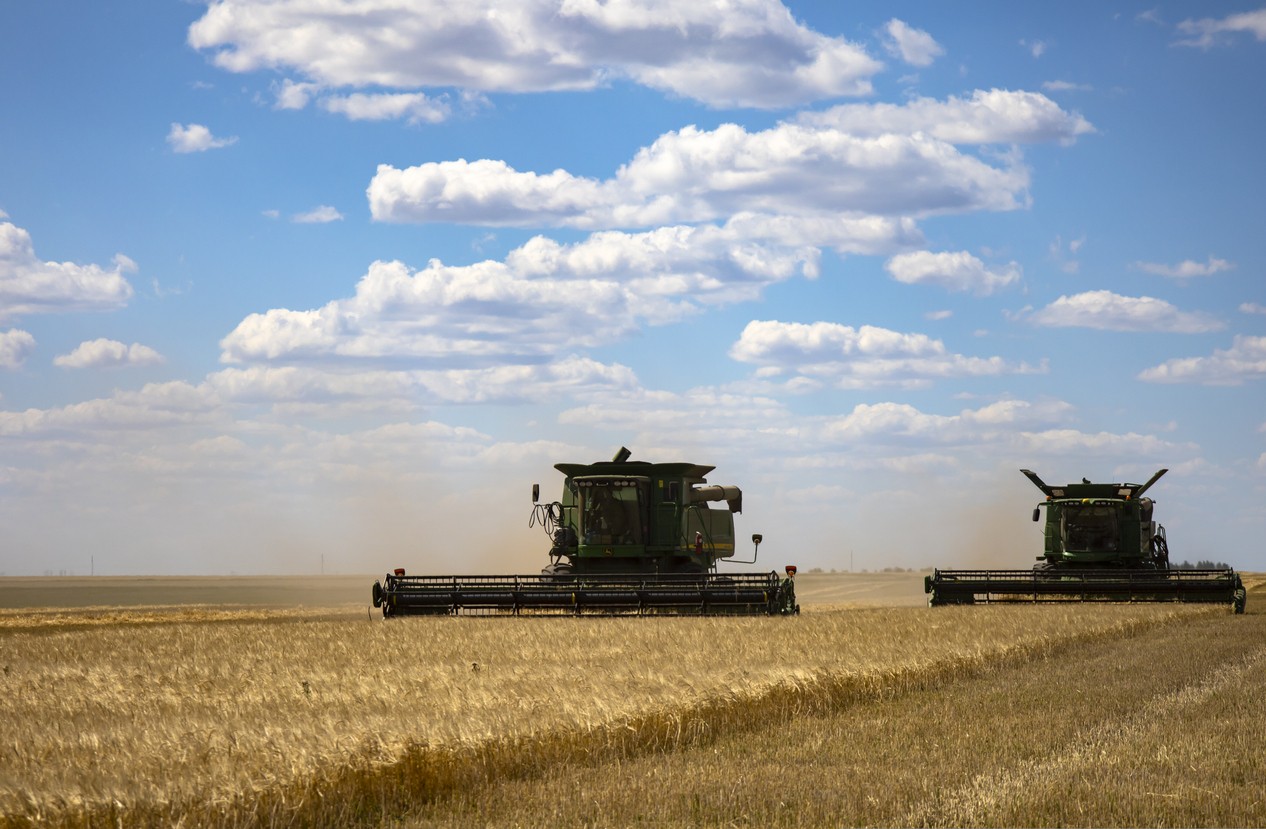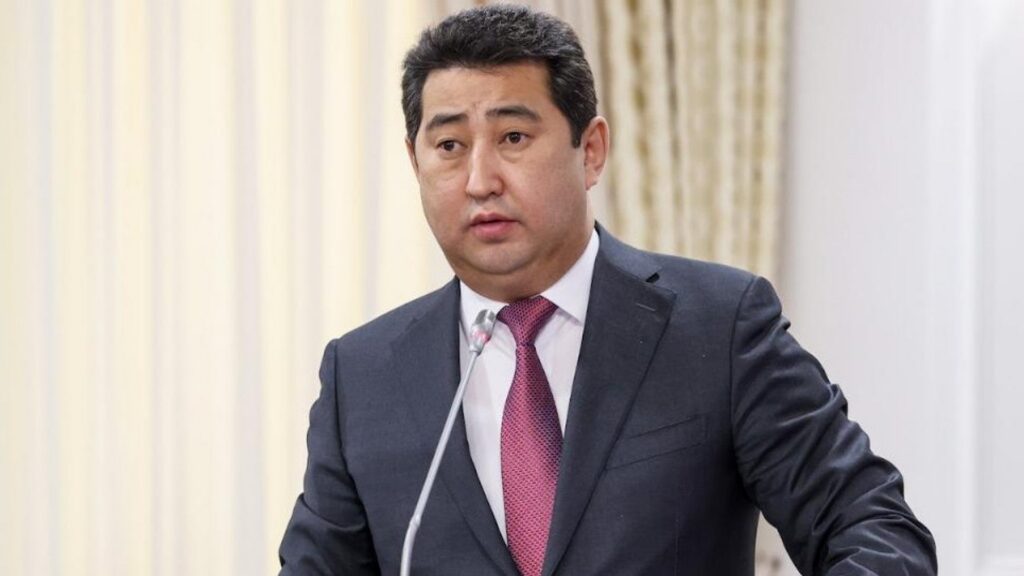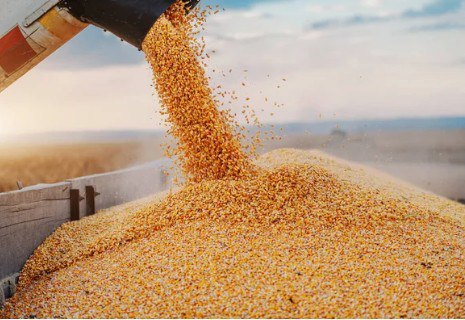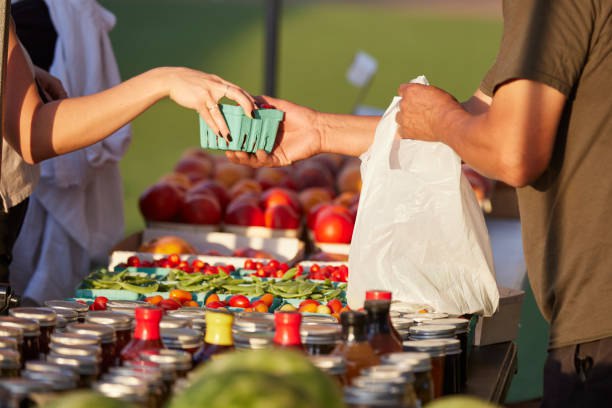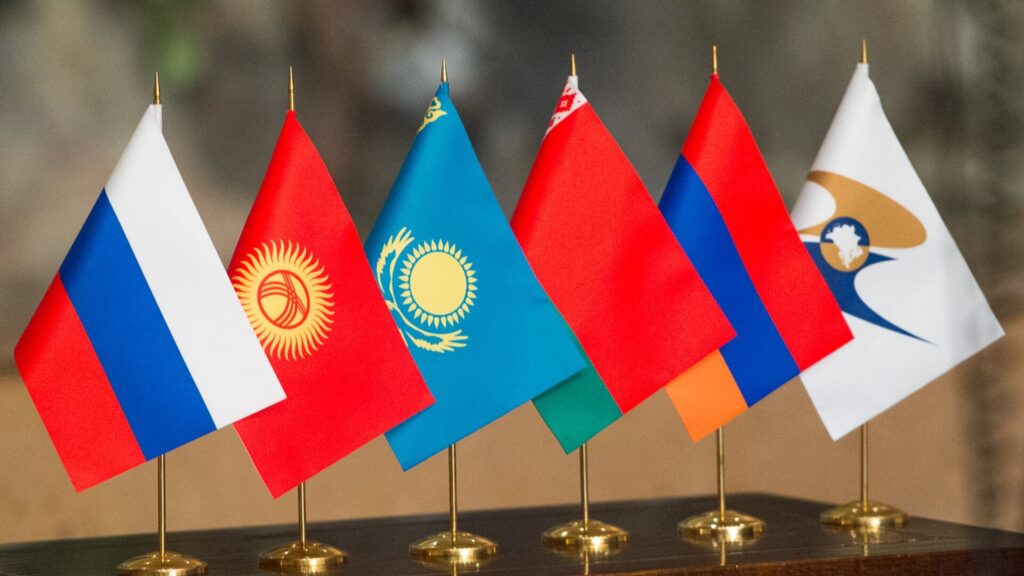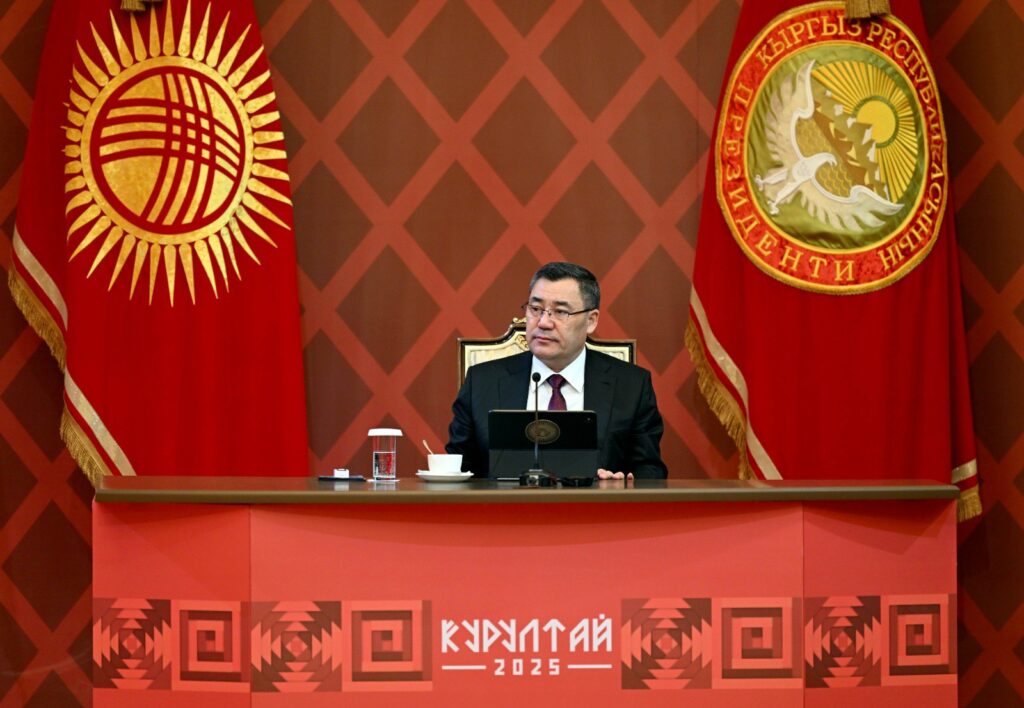The fall brought two headaches for Kazakhstani farmers: a rich grain harvest that coincided with an oversupply of grain on world markets, and Russia’s ban on exporting Kazakh wheat to and transiting through Russia. Experts complain about the 40% failure of Kazakhstani grain exports, and representatives of farmer associations complain about low prices and high production costs and ask the government to buy their surplus products. The background is talk of a grain war between Moscow and Astana.
Phytosanitary ban
According to Kazakhstan’s Ministry of Agriculture, this year the harvested area of crops amounted to 23.3 million hectares, of which 16.7 million were sown with cereals. Fieldwork has been completed by 99.7%. 26.5 million tons of grain were threshed.
Proponents of the opinion that the agricultural authorities of Kazakhstan and Russia have entered into a hidden confrontation for external grain markets argue that Kazakhstan is a victim of this trade war. They cite the restrictions imposed by Rosselkhoznadzor in October as evidence. On October 1, the Russian agency asked Kazakhstan’s Ministry of Agriculture to suspend the issuance of phytosanitary certificates for grain and its products, tomatoes, peppers, and sunflower seeds exported to the Russian Federation.
On October 3, journalists asked Vice-Minister of Agriculture Ermek Kenzhekhanuly about the stage of fulfillment of this wish. He replied that the Russian side received a reply letter requesting evidence of phytosanitary control violations. According to him, Rosselkhoznadzor had not responded as of October 3.
On October 17, the Russian Federal Service for Veterinary and Phytosanitary Surveillance temporarily banned imports of several types of agricultural goods from Kazakhstan. Transit of wheat, lentils, and oilseed flax seeds through Russia’s territory is allowed. Still, a phytosanitary certificate for the country of final destination must be issued, and grain must be transshipped directly from railcars into the ship’s holds.
At the same time, deliveries of tomatoes, peppers, sunflower seeds, and melons from Kazakhstan are prohibited, even for transit.
Obstacles in response to the ban
However, let’s carefully review the Kazakhstani press. We will find that as early as September 3rd, Kazakhstani farmers sounded the alarm—Russia is pushing our grain out of traditional markets.
Representatives of the Grain Union of Kazakhstan discussed the problems Kazakh traders face with the transit of domestic grain through the territory of the Russian Federation at a session with journalists at the Agricom forum.
However, they cited only two cases of such restrictions but tried to convey another message—Russia has introduced hidden obstacles because of Kazakhstan’s ban on grain imports from the Russian Federation, which was imposed as early as August 1.
As reported by Kazakhstan’s Ministry of Agriculture, the restrictions imply a complete ban on wheat imports by all modes of transportation. Previously, the restrictive measures provided for a ban on imports of goods by road, water, and rail (except for imports to poultry and flour mills) since April. The decision was made because, despite the previous ban, grain imports from Russia exceeded 1.1 million tons in six months.
Experts considered it a rather clumsy way to close the loopholes through which Russian grain gets to the Kazakh market and, in principle, predicted that the Russian Federation would respond no less harshly.
Attempt to reach an agreement
On October 30, two weeks after the ban, the Rosselkhoznadzor leadership negotiated with a Kazakh Ministry of Agriculture representative regarding importing “sanctioned” goods. The talks were held via video link, with Kenzhekhanuly participating.
At the same time, Rosselkhoznadzor disavowed the words of the deputy minister about the expectation of a response letter with evidence of violations. According to the agency, they have yet to receive responses from the Kazakh side to 30 letters from Rosselkhoznadzor. Plus, the actions of the Ministry of Agriculture were called “fraudulent schemes of supply of regulated products to Russia from Kazakhstan.”
Following these talks, Kazakh Agriculture Minister Aidarbek Saparov said the ban on Kazakh grain imports to Russia will probably be lifted within a week. According to him, Kenzhekhanuly had to fly to Moscow for a meeting with the deputy head of Rosselkhoznadzor for this purpose.
Since there has been no news from Kenzhekhanuly, it is unclear whether they reached an agreement with the Russian side. But here is what is remarkable: the day before, on November 4, the government of Kazakhstan held a meeting of the operational headquarters for the harvesting campaign under the chairmanship of Serik Zhumangarin.
At this meeting, it was emphasized that grain transportation through Russia is going on without restrictions, with exports to Russia for two months amounting to 43,000 tons and 104,000 tons in transit.
At the same time, they discussed complaints of “individual farmers” that they cannot deliver grain to elevators. Plus, Zhumangarin was ordered to guarantee grain purchases for farmers.
Representatives of the Grain Union of Kazakhstan suggest buying surplus grain from farmers as a way to solve the problem of a rich harvest and Russian obstacles to its export.
“We should buy these 2 – 2.5 million tons (of grain), and the government should allocate money. This is quite short money on the scale of public finances. This money is 100% repayable; that is, half of this money will return in two or three months in the form of repayment of current obligations of farmers to state financial institutions (Agrarian Credit Corporation, KazAgroFinance, Prodkorporatsiya), the rest – after the sale of grain in the spring-summer of 2025”, said Yevgeny Karabanov, an official representative of the Grain Union of Kazakhstan and founder of the group of companies ‘Northern Grain.’
So, it turns out that if the government had decided to buy grain from Kazakh farmers, it would not have reached an agreement with the Russian side. Apparently, Moscow’s embargo will continue to operate despite Kazakhstan’s “requests.”
